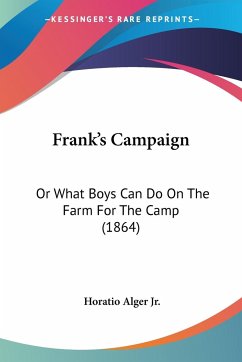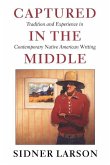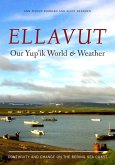In 1974 Federal Judge George H. Boldt issued one of the most sweeping rulings in the history of the Pacific Northwest, affirming the treaty rights of Northwest tribal fishermen and allocating to them 50 percent of the harvestable catch of salmon and steelhead. Among the Indians testifying in Judge Boldt's courtroom were Nisqually tribal leader Billy Frank, Jr., and his 95-year-old father, whose six acres along the Nisqually River, known as Frank's Landing, had been targeted for years by state game wardens in the so-called Fish Wars. By the 1960s the Landing had become a focal point for the assertion of tribal treaty rights in the Northwest. It also lay at the moral center of the tribal sovereignty movement nationally. The confrontations at the Landing hit the news and caught the conscience of many. Like the schoolhouse steps at Little Rock, or the bridge at Selma, Frank's Landing came to signify a threshold for change, and Billy Frank, Jr., became a leading architect of consensus, a role he continues today as one of the most colorful and accomplished figures in the modern history of the Pacific Northwest. In Messages from Frank's Landing, Charles Wilkinson explores the broad historical, legal, and social context of Indian fishing rights in the Pacific Northwest, providing a dramatic account of the people and issues involved. He draws on his own decades of experience as a lawyer working with Indian people, and focuses throughout on Billy Frank and the river flowing past Frank's Landing. In all aspects of Frank's life as an activist, from legal settlements negotiated over salmon habitats destroyed by hydroelectric plants, to successful negotiations with the U.S. Army for environmental protection of tribal lands, Wilkinson points up the significance of the traditional Indian world view - the powerful and direct legacy of Frank's father, conveyed through generations of Indian people who have crafted a practical working philosophy and a way of life. Drawing on many hours spent talking and laughing with Billy Frank while canoeing the Nisqually watershed, Wilkinson conveys words of respect and responsibility for the earth we inhabit and for the diverse communities the world encompasses. These are the messages from Frank's Landing. Wilkinson brings welcome clarity to complex legal issues, deepening our insight into a turbulent period in the political and environmental history of the Northwest.
Hinweis: Dieser Artikel kann nur an eine deutsche Lieferadresse ausgeliefert werden.
Hinweis: Dieser Artikel kann nur an eine deutsche Lieferadresse ausgeliefert werden.








